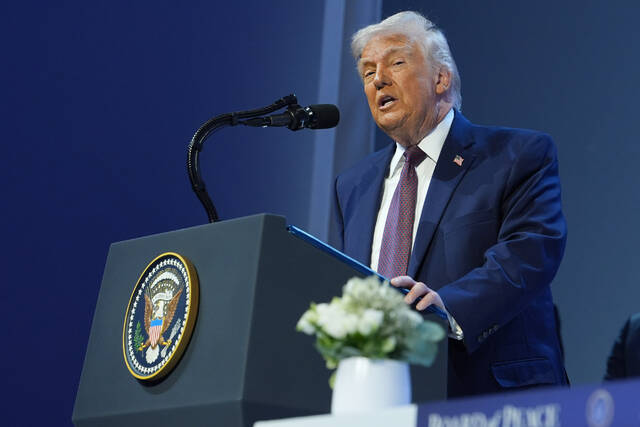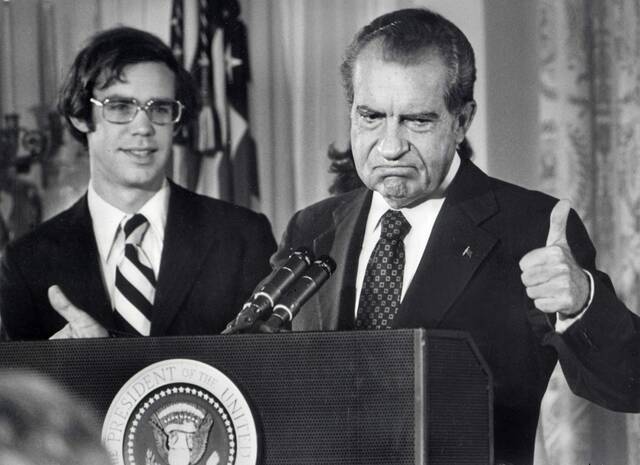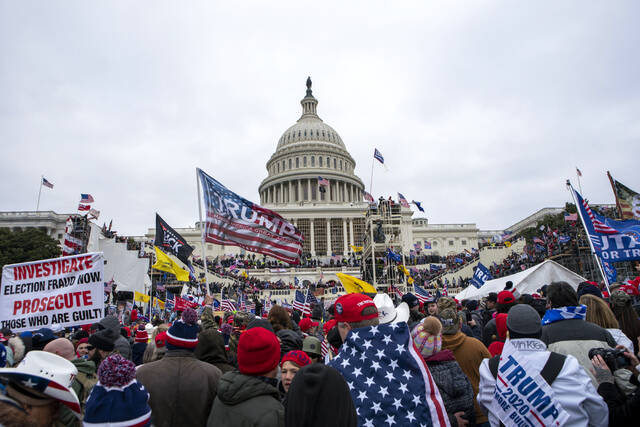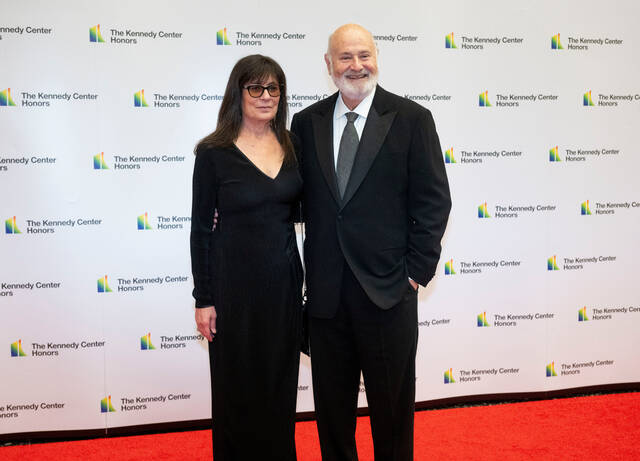In the 1970 movie “Tora! Tora! Tora!” about the 1941 attack on Pearl Harbor, the actor who played Japanese Adm. Isoroku Yamamoto, the leader of the attack, said, “I fear all we have done is to awaken a sleeping giant and fill him with a terrible resolve.”
Throughout our history, there have been court decisions that reverberate and reshape the future of government and society. For example, Chief Justice Roger Taney’s Dred Scott decision on the fugitive slave act sharpened the issues leading to our Civil War.
Many Americans are now hoping the Supreme Court reversal of Roe v. Wade is an event of comparable importance.
Those who support the overturning of Roe v. Wade agree with the court when it says that “Roe was egregiously wrong from the start.” Those who wanted Roe v. Wade affirmed say the real issue is the reversal of a 50-year-old ruling that gave equality and privacy to women concerning their health care decisions.
The Supreme Court decided the states, each one a stewpot of political and religious beliefs, should make those decisions for women. And Justice Clarence Thomas, now perhaps effectively a double agent for the Democrats’ effort to get out the vote, wrote a concurring opinion that threatens the personal freedoms of millions more Americans on other issues.
Thomas said the court should use the Roe reversal reasoning to take away other rights that the Supreme Court has granted. If Thomas gets his way, same-sex marriage, the privacy of the bedroom and the use of contraceptives will all be left to the whims of the various states.
This is not good for the Supreme Court or America. After the May leak of the draft opinion that showed how the court would reverse Roe, a Gallup poll found public confidence in the Supreme Court had hit a 50-year record low, with only 25% of Americans having confidence in the court.
When the public believes the justices are treating the Supreme Court as a court of opportunity — the opportunity to do whatever they want now that they have the votes — the collapse of public trust is assured.
Some of these justices may be naturally out of step. Three of the six justices who voted to overturn Roe, and who are part of the court’s hard lean to the right, were appointed by a president who lost the popular vote by millions. Justices Neil Gorsuch, Brett Kavanaugh and Amy Coney Barrett were nominated by Donald Trump after his 2016 Electoral College win.
Each of those justices was then confirmed by a combination of senators who together represent a minority of American citizens, as described by Philip Bump in a December Washington Post article, “The minoritarian third of the Supreme Court.”
Once again, not very practical suggestions for “reform” of the Supreme Court are being discussed. Eliminating lifetime appointments or expanding its size are naturals, but these changes would take a very long time and are simply not likely with slim majorities in both legislative chambers.
But what is beyond doubt is the vast difference between public opinion and the direction of this court. Democrats are certainly hoping Americans who want change will register and be sure to vote.








